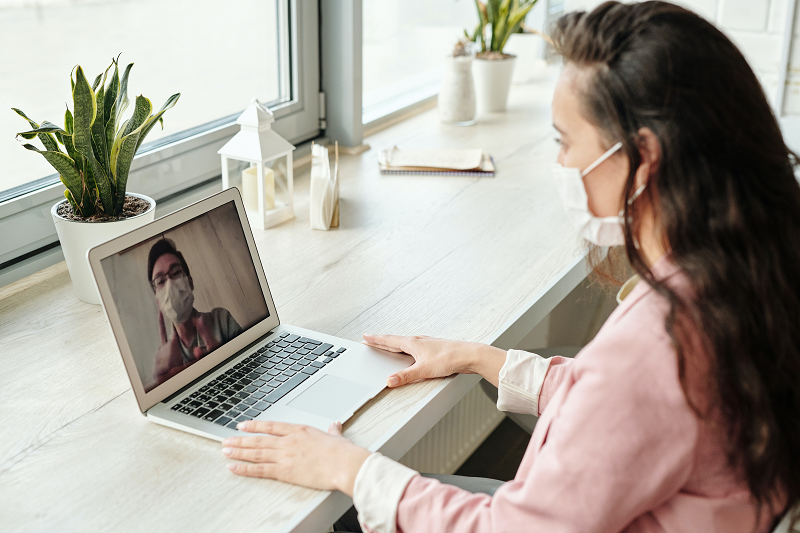News & Updates — FORE Announcements
During a time when we must be physically distant from each other to slow the spread of the coronavirus, many of us are finding new ways to stay connected with friends, family members, and colleagues.
Maintaining connections is especially important for people in recovery from substance use disorder, and many are tapping into virtual supports. The Substance Abuse and Mental Health Services Administration has put together a list of programs that have begun offering or have ramped up web-based group meetings, chat rooms, and message boards. Many national programs, including Narcotics Anonymous, are offering virtual meetings. Some are tailored to people recovering from particular types of addiction, and some are tailored to certain groups. For example, Young People in Recovery, a nonprofit that provides life skills training and support to teens and young adults recovering from substance use disorders, is offering several virtual recovery meetings a day as well as social events including group cooking and trivia competitions.

Some states have taken steps to ensure people in recovery can find help during the pandemic. For example, New York State’s Office of Addiction Services and Supports has expanded access via phone, chat, video visit, and safe in-person visits for people looking for treatment or recovery supports. Other states, including Ohio and New Hampshire, have compiled lists of virtual recovery resources.
There are also mobile apps that provide on-demand coaching, tracking tools, and other resources. Some of the best known, including Sober Grid and RTribe, offer free chats and other connections with peers as well as educational resources; access to coaches, counselors, and other professionals comes through subscriptions. The Addiction Policy Forum, an advocacy group created by patients and families, has created a hub for information about COVID-19 relevant to those coping with substance use disorder and offers the free Connections app to help people track their recovery and find support.
Most virtual supports require a connected device (e.g., a computer, tablet, or smartphone), and many people have limited data plans that may curtail access to virtual recovery supports. California is encouraging stores like Walmart to make it easier for people to access free Wi-Fi while sitting in their cars in parking lots — clearly not ideal but a feasible short-term solution. While many online platforms, including Zoom and Google Meet, are free to use, it’s important for conveners to use password protections and other measures to preserve privacy on these platforms.
Even if people don’t have smartphones or other connected devices, they may be able to use text or phone-based supports. With all the focus on virtual platforms, experts say it’s important to remember that simple phone calls can still provide vital connections. Many other organizations operate free helplines.
States like California distributed laptops and HIPAA-compliant Zoom accounts to many behavioral health care providers so they could continue to offer counseling and other treatment during the pandemic. The recent CARES Act made $200 million in grants available through the Federal Communications Commission (FCC) to some addiction treatment providers, including community mental health centers, to purchase equipment needed for telehealth. The COVID-19 Telehealth Program grants can be used to pay for internet or voice services, remote patient monitoring tools, and tablets or phones to distribute to providers as well as patients. The FCC has also put into place the Connected Care Pilot Program, which targets $100 million in funding to support telehealth services for low-income and other vulnerable residents. If telehealth is here to stay beyond the pandemic, people in recovery will need support so they can stay connected and get help where and when they need it.
This is by no means a comprehensive list. But by providing this range of examples, FORE encourages all types of organizations engaged in treatment and recovery to share these resources and let us know of others; these recovery supports can be life-saving.